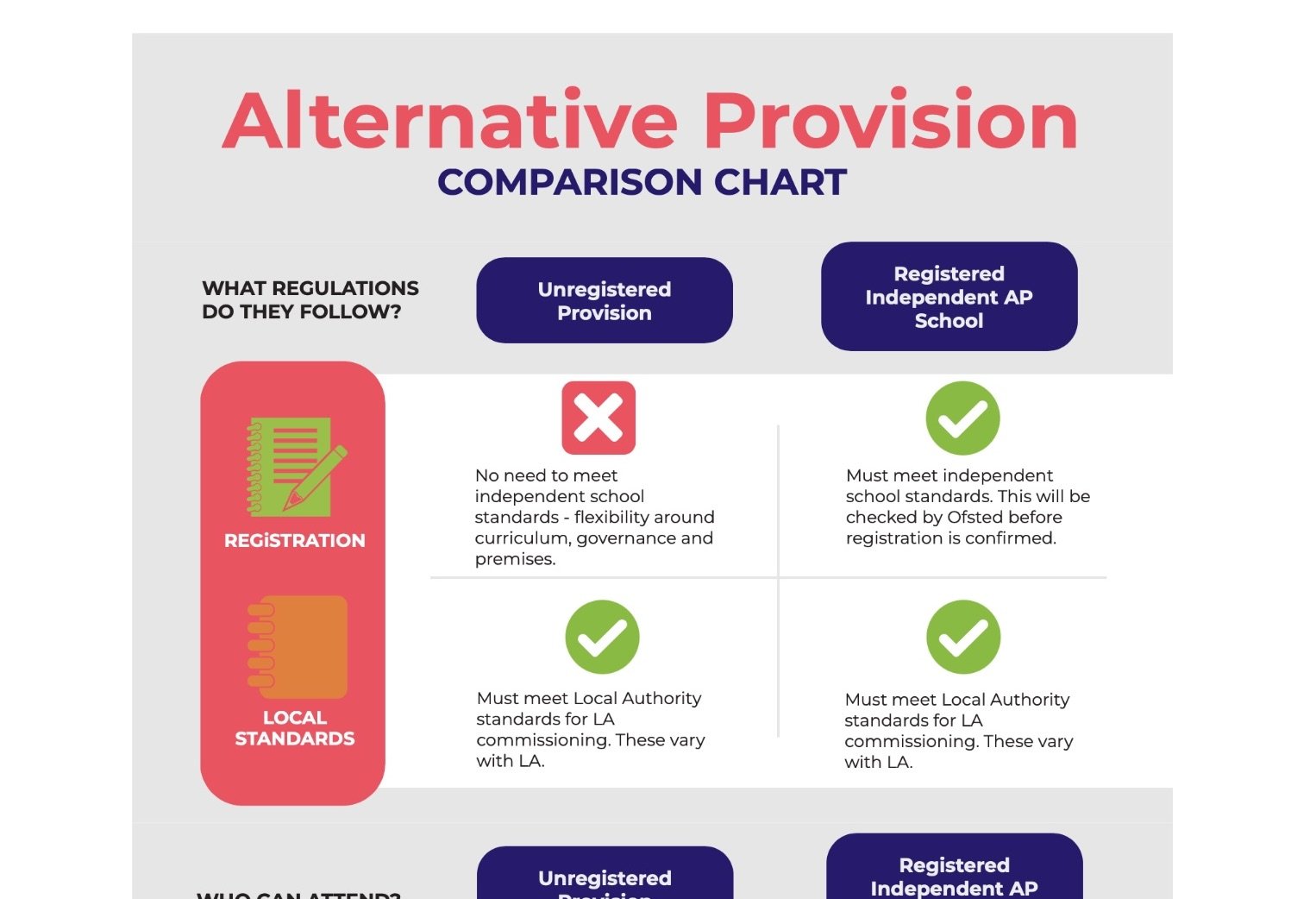‘Be Prepared’ The changing pressures on Independent and unregistered Alternative Provision.
There are challenges building for those working in non-maintained alternative provision.
At Close the Gaps we love working with professionals with a passion for supporting young people struggling with mainstream education. Even just this month we’ve seen professionals we’ve supported open APs in Rochdale and Bradford.
Increasingly though, we’re having to bring a note of challenge and caution. There are some changes and pressures ahead that are beginning to be seen in the sector – things that will influence anyone who relies on funding coming through local authorities and schools. I thought it may be helpful to outline where I think the pressures are coming from and, more importantly, how to mitigate these risks. We’d need a huge cultural shift not to need a range of alternative provisions and special independent schools to supplement the maintained offer, they are still going to be needed but it’s going to be a harder market to succeed in. Whilst, of course, most people in the sector are working primarily for the young people they serve doing so does need to be sustainable and financially viable.
Future proofing for Independent APs.
If your main customer or only customer for your business was in danger of going bankrupt how would you feel? What would you do?
With headlines like this in todays’ Guardian: ‘Almost half of England’s councils ‘could face bankruptcy over 4.6bn deficit’ I thought it was worth thinking about this from the point of view of some of the provisions and schools I work with that rely on commissions from these councils. My experience is in education, I’m no expert in local authority finance but I think it’s important to think about the risk to independent AP provisions from insecure LA finances
Where can I find that? DfE guidance on alternative provision.
I hear a lot of queries about rules and guidance and where it’s possible to find it online? I also hear people quoting things as if they are definitive rules when they aren’t. So, where do we go for the definitive information?
When Ofsted call……What to expect if Ofsted visit your unregistered provision.
What happens when Ofsted come calling to check your unregistered alternative provision? What can you expect? How can you protect yourself?
Beyond the QA framework……what makes a great alternative provision?
When I’m visiting an Alternative Provision I don’t judge it by adherence to a QA framework. There are other aspects I look at to decide - What makes a great alternative provision?
How to reduce suspensions - a year on…..
A year ago, I wrote my first article around how to reduce suspensions. I find that often I want to come back to themes and areas I work in, not just because the context changes but also because, across the course I time I am always learning.
More around internal alternative provisions.
It’s been a year or so since our last article around setting up an internal provision. We’ve done a year of work and reflection since then so here’s ‘How to set up an Internal Alternative Provision v2.0’
Registered or unregistered? Here’s a quick comparison.
Here’s a simple comparison of the difference between an Alternative Provision that falls outside DfE registration and an Independent School AP or ‘Registered’ AP.
10 Ways to understand the barriers for Pupil Premium students.
The barriers for pupil premium students are different in every context and setting. How do we know what they are for our students?
How can we make a plan to improve progress for pupil premium students without really understanding what those barriers are?
AP’s - The importance of knowing: Who you help? Why you help? and How you help?
AP’s - The importance of knowing who you help, why you help and how you help.
Thoughts around the importance of focus in an alternative provision.
Guide to starting an Alternative Provision
A guide to setting up an alternative provision.
Using alternative provision and Ofsted questioning.
Download our Ofsted preparation tool to make sure your school or trusts use of alternative provision is up to scratch for an inspection.
How do we reduce suspensions?
It’s all very well to complain about the schools and trusts with staggering suspension rates. What’s the solution? Here’s 12 things to think about.


















